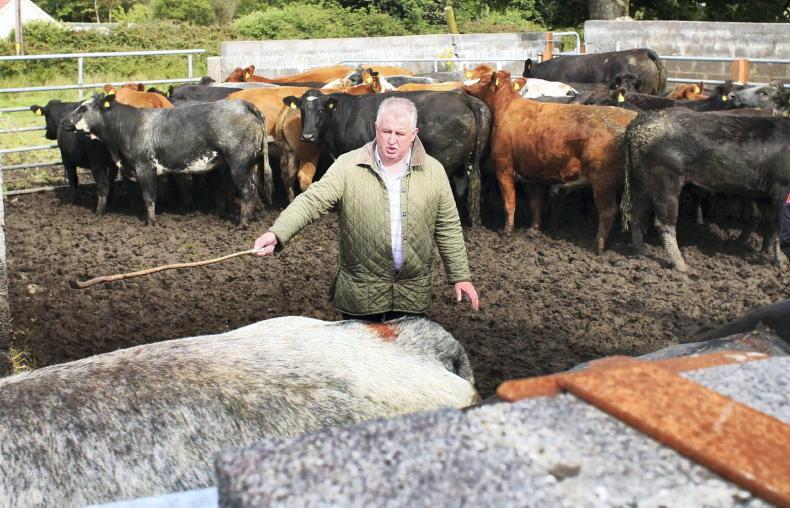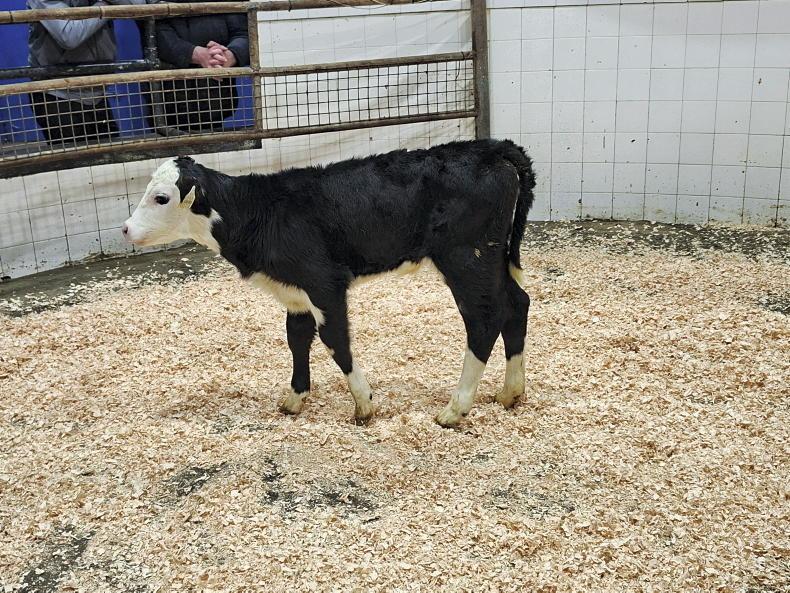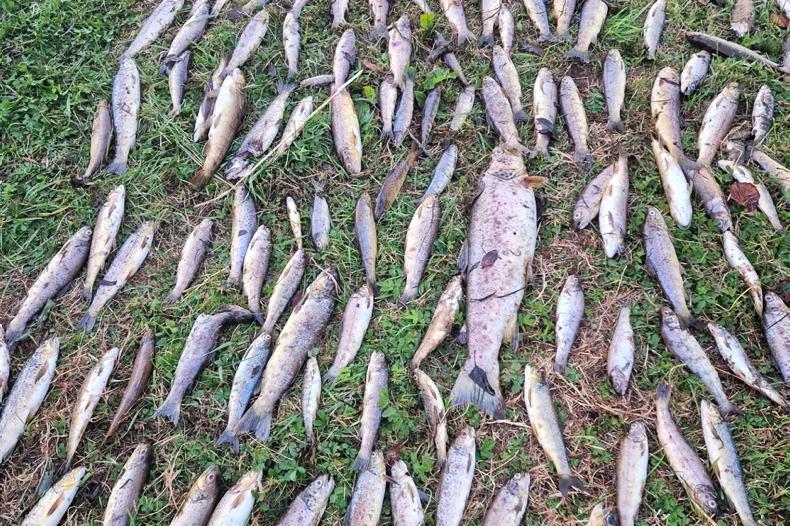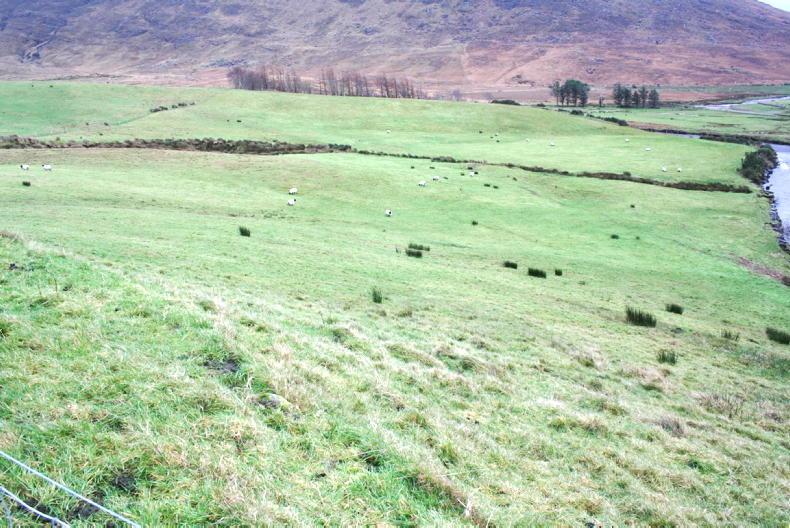New research published this week by Irish start-up company Dúlabio has found that supplementary feeding of seaweed to Irish beef cattle reduced methane emissions by an average of 79%.
On Monday, Dúlabio published the results from an 11-week trial carried out from February to April this year on an organic beef farm in Co Sligo.
As part of the trial, 21 beef cattle were fed a seaweed supplement at 0.5% along with their regular haylage diet and the methane emissions from the cattle were monitored thereafter.
Reduction
The trial found a sharp reduction (-79% on average) in methane emissions from cattle as a result of the seaweed supplement compared with the baseline methane emissions of the cattle at the start of the trial.
The seaweed supplement is made from a mix of several seaweed species present in Ireland, including A. armata, a red macroalgae known to inhibit methanogenic bacteria native to the rumen of cattle.
This is the first study to assess the potential of seaweed supplementation in reducing enteric methane emissions from grass-fed beef cattle in Ireland.
The trial sampled methane emissions from a mixed suckler herd of Hereford, Angus and Shorthorn cattle.
Harvested
The seaweed was sourced from hand-harvested stocks, primarily from the west coast of Ireland, which need to move into a cultivated system if the solution is to reach scale. All species are present in Ireland and can be farmed here with the appropriate license.
The trial used a common methane sampling approach called flame ionisation detection to measure the cattle’s methane emissions.
“This is a very promising start to our work - we wanted to develop nature-based approaches for Irish farmers, particularly those that want to work with low-carbon, low-input systems,” said Dúlabio’s founder Dr Danielle Gallagher.
“To that end, this work will support and contribute to a nascent, native seaweed industry to support farmers nationwide. Our ultimate goal is to contribute to a low-carbon, high-quality food system in Ireland, that positively contributes to the environment and society as a whole as we manage further challenges ahead in terms of climate change,” she added.










SHARING OPTIONS